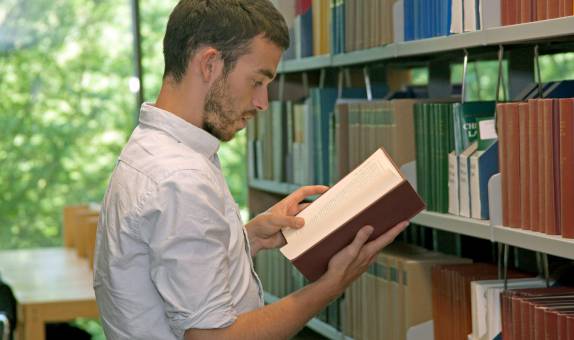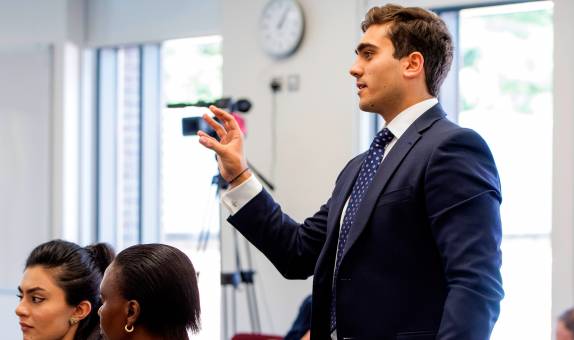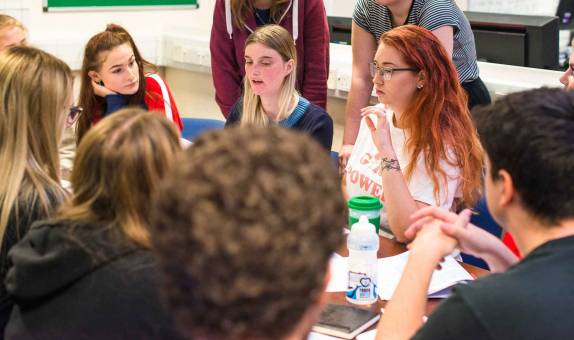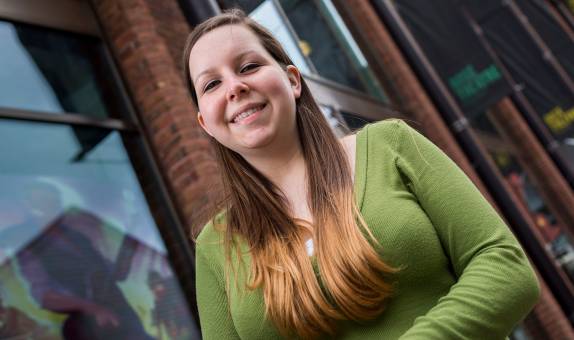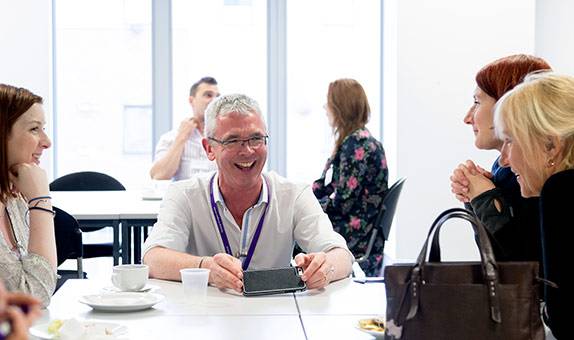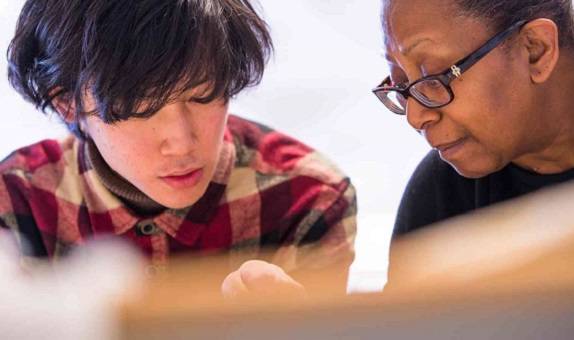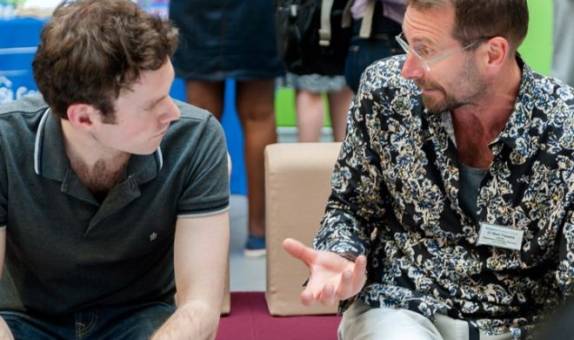This is a Kingston-funded project co-led by Dr Peter Finn (Kingston, Department of Politics). The project explores the intersection between political and policy responses to Covid-19 across eight democracies (the UK, Germany, Romania, Bulgaria, Israel, Japan, Taiwan, and the US) and looks at Covid-19's repercussions on race, gender and socio-economic inequality.
Read more about the studies of the project and how politics played a key role in the impact of Covid-19.
- Funded by the Political Studies Association and the Independent Social Research Foundation.
- Coordinators: Dr Simon Choat (Kingston) and Dr Manjeet Ramgotra; SOAS, University of London
The project aims to rethink political theory and the history of political thought. Political thought has been dominated by a canon of thinkers who are overwhelmingly white, Euro-American and male. The whiteness and maleness of political thought is problematic because it fails to reflect: contemporary cultural and ethnic diversity; the historical significance of race and gender as sites of political oppression and struggle; the contributions made by women and non-white theorists; and the importance that the concepts of race, gender, and associated themes and concepts (such as the family, sex, colonialism, and slavery) have had to the theories of canonical thinkers.
The project's overarching goal is to address this by (a) bringing to light a wide range of women, non-white, and non-European thinkers whose work has often been ignored, excluded, or devalued; (b) insisting that all modern political thinkers must be read within the contexts of patriarchy, white supremacy, and imperialism and the relations and structures of race, gender, and class which different theories have reflected, defended, or challenged. The point will not be to scapegoat, dismiss, or diminish the so-called ‘dead white men' who have traditionally constituted the canon of political theory: to the contrary, we believe that it is only by placing these thinkers within their proper contexts and interrogating all aspects of their thought – including their often neglected views on race and gender – that we can do justice to the sophistication and nuances of their arguments.
A pilot study involving successful winners of funding for animal alternative techniques in medical research.
- Funded by Animal Free Research UK.
- Coordinator: Professor Kay Peggs
This project examines the perspectives of medical scientists who have received grants to develop animal-free research. It is the first social science project to be funded by AFR UK.
- Funded by Programa Raices.
- Coordinator: Dr Belen Olmos Giupponi
This project has been pivotal in the drafting and signing of the Escazu Agreement – the Regional Agreement on Access to Information, Public Participation and Justice in Environmental Matters in Latin America and the Caribbean (adopted in March 2018 and ratified in November 2020).
- Funded by Kingston University
- Coordinator: Dr Hannah Miller (with research assistance from Dave Tinham)
Examination of the human rights impact of the Universal Credit system. Pilot study on the Royal Borough of Kingston.
- Coordinator: Dr Nevena Nancheva
Explores the conflict between notions of the public good and human rights in the deportation of EU criminals with family members in the UK.
- Funded by the Leverhulme Trust – Research Fellowship scheme – 2018-2019.
This project looks at industrial conflict and workers' protest cultures and practices in modern Italy, from the first industrial strikes of the 1890s to the 1980s, with a special focus on the period since 1945. It explores the range of forms of protest that workers utilised, how they changed and why, their underpinning rituals, meanings, strategic and symbolic functions.
You can read more about the project here on the Leverhulme Trust's website.
In 2016 a research fellowship from the University of Gothenburg allowed Dr Francis Dodsworth to finish his monograph The Security Society (Palgrave, 2019).
The book provides a critical engagement with the idea of the ‘security society' which has been the focus of so much attention in criminology and the social sciences more broadly. ‘Security' has been argued to constitute a new mode of social ordering, displacing the ‘disciplinary society' that Foucault saw as characteristic of the liberal era. He saw a ‘control society' (or ‘risk society') characteristic of Neo-Liberalism, in which the deviant behaviour of particular individuals, as less important than general attempts to offset risk and reduce harm. Dodsworth argues that much of this literature is extraordinarily present-ist in orientation, denying the long history of attempts to mitigate risk, prevent harm and manage security which have always been a part of the government of order.
This book develops a ‘critical history' of security: a thematic analysis of debates about security and aspects of the security society which puts contemporary arguments and practices in dialogue with the texts and practices of the past. In doing so the book develops a cultural analysis of the meanings of security and the way these meanings have been articulated in particular practical contexts in order to understand how the promise of security has so effectively captured the imagination and channelled the effective engagement of people throughout the modern period.
- Coordinator: Dr Hannah Miller
This is a 15-year study of NGO campaign strategies and practices. It examines formal "rights-based approaches" to development and poverty eradication by contrast to alternative human rights models.
- Coordinators: Dr Hannah Miller and Dr Robin Redhead (Leeds Beckett University)
This project involved a one-day conference (hosted at Kingston University) and the guest editorship of the International Journal of Human Rights (Vol. 23, No. 5) on the theme: Beyond "Rights-based approaches".



